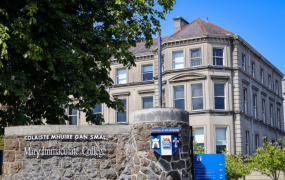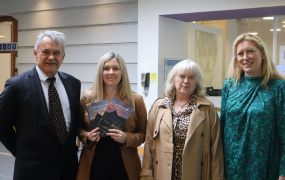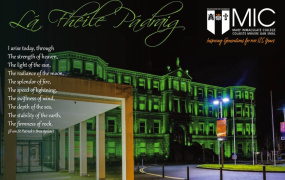Bachelor of Science in Psychology (International applicants only)
PLEASE NOTE: This programme page is for International Students/students from abroad only who wish to study this programme in Ireland. It is not relevant for CAO applicants. Relevant programme page for CAO applicants may be found in the Undergraduate section and is labelled with a CAO code.
Places Offered : 15 approx
- Programme Overview
- Programme Content
- How to Apply
- Ask a Question
Programme Overview
The BSc Psychology is a new four year, full-time honours degree (Level 8). This unique programme provides a comprehensive undergraduate education in Psychology and includes learning in the workplace. This blend of scientific theory and real-world application gives students a chance to develop incredibly valuable critical thinking, problem-solving and communication skills.
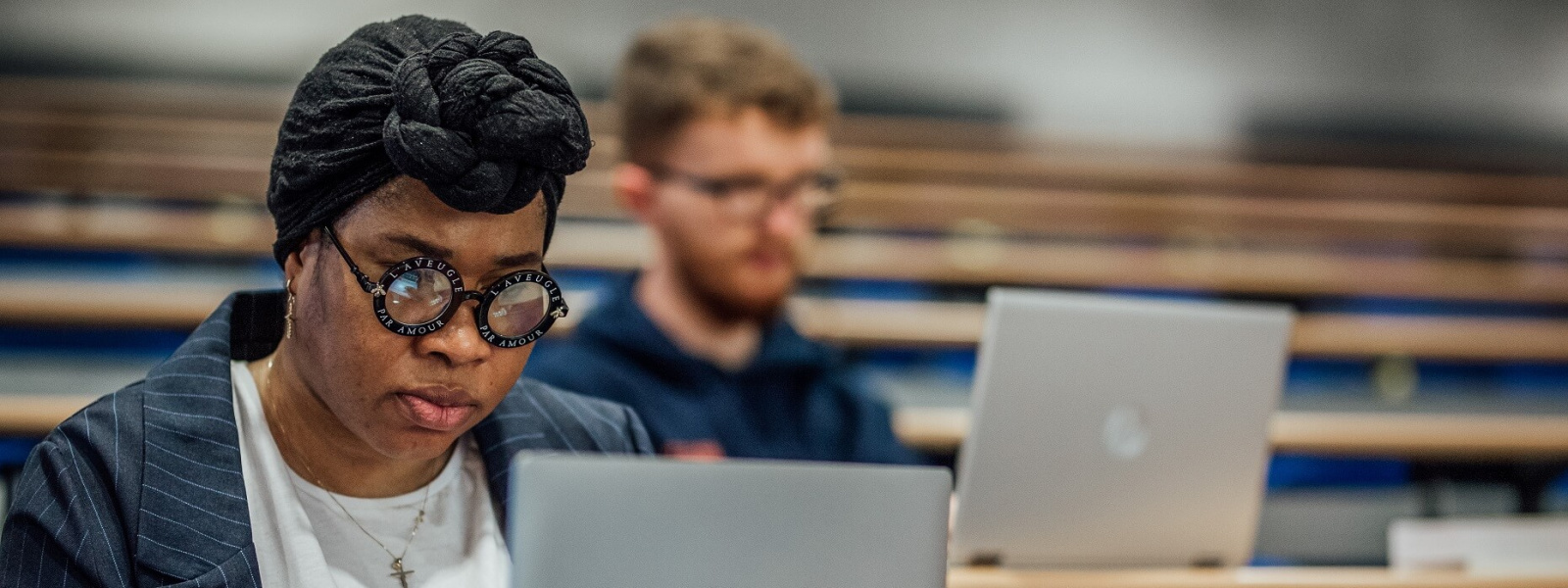
Why study the BSc in Psychology at MIC?
This four-year full-time honours degree provides a broad introduction to the discipline including coverage of the core areas of psychology and its associated methods required for accreditation by the Psychological Society of Ireland and the programme is currently accredited
Psychology is an excellent choice for prospective students wishing to develop their understanding of why people think, feel and behave as they do. As a scientific endeavour, this research-led programme also encourages critical thinking, problem-solving and digital skills.
MIC’s BSc Psychology is a four-year programme which allows for a focus on research and the application of Psychology. This is invaluable for using the skills gained from a Psychology degree in real world settings. Research is included throughout every year of the programme, as we encourage students to aspire to be the creators, rather than merely consumers of knowledge.
The culmination of the research is the dissertation completed in the final year. Here, you will work under the supervision of experts in their field of research to design, carry out and present your research. We place an emphasis on being able to communicate scientific research as a valuable skill rather than a document that is relatively unseen. This further develops important research and communication skills. As a consequence, Psychology students from MIC have an enviable record of conducting award-winning research.
A distinctive feature of the BSc Psychology programme is the calendar year spent studying Psychology in the workplace. The spring semester of Year 2 and the autumn semester of Year 3 are spent studying organisational psychology in practice. This means continuing to study Psychology, but in a more hands-on way. The placements are organised and supervised by the Department of Psychology. This can include any type of organisation, such as a business, an educational establishment, a sports organisation, a health setting, or a charity. This innovative approach to learning creates an opportunity to apply knowledge from the first part of the programme and develop a new perspective that will enhance skills and learning for the latter part of the programme.
Career & Further Study Opportunities
Psychology graduates enjoy some of the best career opportunities across the globe. Many will go on to study at postgraduate level and some will seek a career as a Psychologist in areas such as clinical, educational, coaching, counselling, forensic, health, academia, neuropsychology, work/organisational, or sport.
A majority of Psychology graduates will find rewarding careers in an allied profession. The understanding of people and development of inherently useful skills makes careers in healthcare, communications and marketing, human resourcing and development, management, and data analysis accessible options.
As a graduate of this programme, you will be prepared for successfully entering the 21st-century workplace. You will have developed important cognitive skills, such as analytical and critical thinking, creativity and decision making. You will strengthen your communication, both oral and written. You will enhance your digital skills and social skills, including working collaboratively.
Most importantly, you will develop personally, gaining a greater understanding of yourself and others.
Further Study Opportunities
Graduates also have the option to complete further study to MA or PhD level, see MA / PhD in Arts by Research for additional information, including entry requirements.
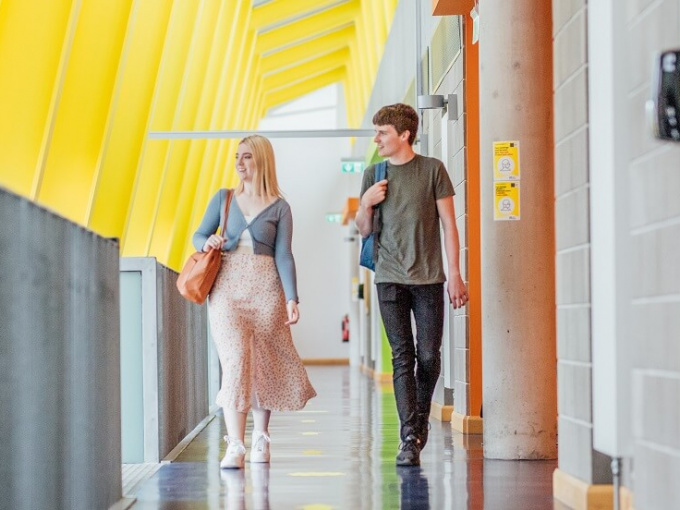
What you will study
The programme blends both the scientific subject of Psychology and application of Psychology. The scientific study of mind and behaviour addresses six core areas: personality and individual differences, cognitive psychology, biopsychology, social psychology, developmental psychology and research methods. Combined, these core areas provide graduates with the necessary psychological knowledge to pursue postgraduate studies in Psychology.
We adopt a wide range of approaches to the delivery of the programme in order to maximise the skills you can develop. This will include learning individually and as part of a team. Many modules include lectures and small group tutorials, some include significant laboratory time, and some adopt a more problem-based learning approach. This has been carefully considered to ensure you are developing a range of important skills throughout each stage of your degree.
Throughout the programme, you will also learn about the application of Psychology in various contexts. This includes work, clinical, educational, sport, health and coaching. The largest application is rooted in the middle of the programme, taking up one calendar year where you will be based in the workplace, exploring where psychology could positively impact the performance and wellbeing of an organisation and individuals. There is also the potential for you to study abroad for a semester.
The research strand of the programme firstly introduces you to basic research design and analyses. As you progress through the programme and your research skills and confidence in this area increase, you will begin to design your own research before carrying out a significant project in the final year and communicating your findings.
- Programme Overview
- Programme Content
- How to Apply
- Ask a Question




